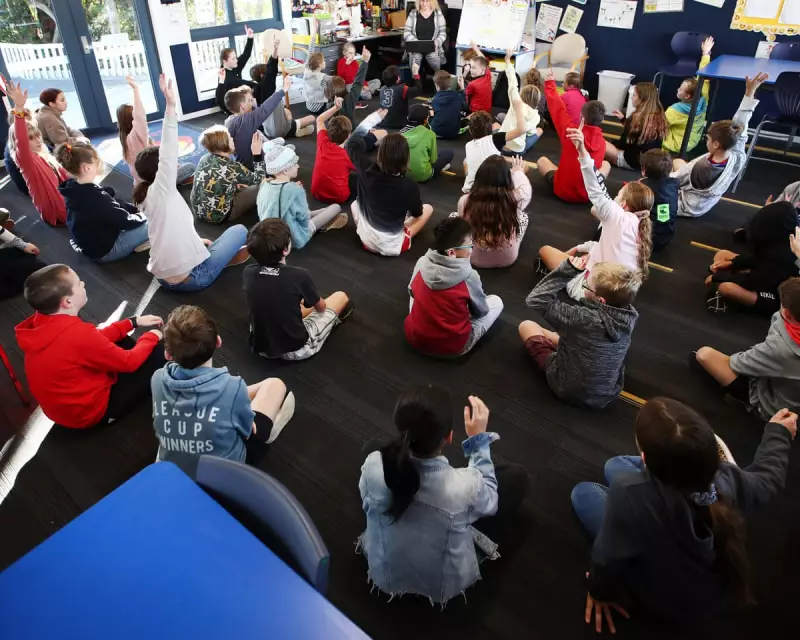
In a controversial move that's reshaping New Zealand's educational landscape, the government has officially dismantled rules requiring schools to incorporate Māori culture and perspectives into their classrooms.
What's Changing in Kiwi Classrooms?
The sweeping changes mean that from 2025, New Zealand schools will no longer be mandated to teach Māori knowledge, language, and cultural practices. This represents a significant departure from previous educational policies that emphasised biculturalism as a cornerstone of the national curriculum.
Education Minister Erica Stanford defended the decision, stating it would give schools greater flexibility to focus on what she called 'academic basics' like reading, writing, and mathematics. 'We're returning to a curriculum focused on teaching the basics brilliantly,' Stanford announced, framing the move as part of broader educational reforms.
Mixed Reactions Across Communities
The policy shift has ignited passionate responses from various quarters:
- Supporters argue it reduces bureaucratic burden on teachers and allows more time for core academic subjects
- Critics warn it risks eroding important cultural understanding and represents a step backward for indigenous recognition
- Educational experts express concern about the potential impact on Māori students' sense of belonging and achievement
Māori leaders and cultural advocates have voiced particular alarm, suggesting the changes could undermine decades of progress toward genuine bicultural partnership in Aotearoa New Zealand.
The Broader Educational Context
This policy revision forms part of a wider government education strategy that includes:
- Introducing structured literacy approaches nationwide
- Implementing standardised testing in primary schools
- Revising history curriculum requirements
- Shifting focus toward 'measurable' academic outcomes
While the government maintains these changes will improve educational standards, opponents question whether cultural education and academic achievement must be mutually exclusive priorities.
The debate continues as schools prepare to implement these significant changes, with many educators and communities grappling with how to balance cultural preservation with academic rigour in the post-mandate era.





